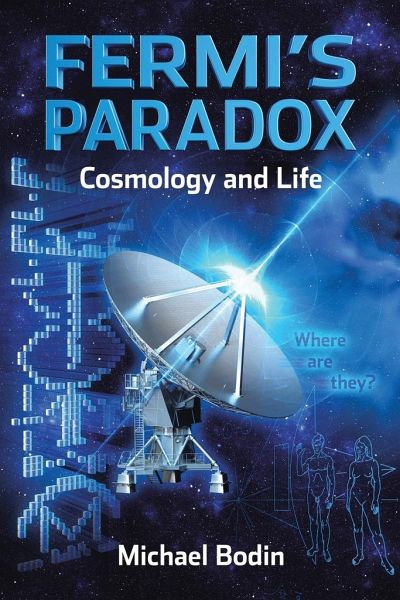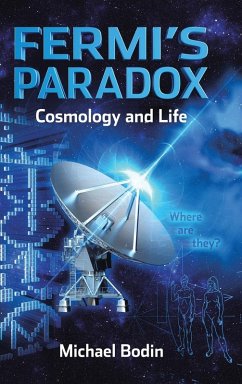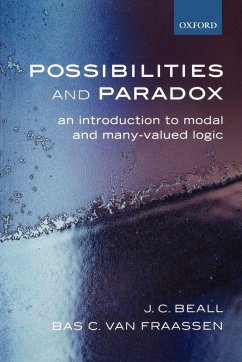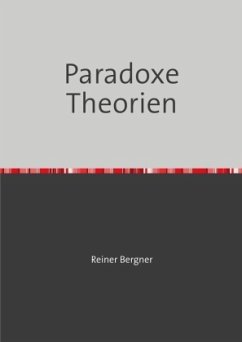
FERMI'S PARADOX Cosmology and Life

PAYBACK Punkte
9 °P sammeln!
In a universe as large as this, it would be surprising if earth was the only inhabited planet. Everything we know about cosmology today, suggested that life should be common. Almost certainly some of that would be similar to ourselves, and would also probably be using radio technology in much the way that we do. We should be able to pick up these signals, with the powerful radio telescopes we have today, and the surprising thing is that after 50 years of continuous listening, we have not yet detected a single one. Fermi's paradox relates to this finding, but in it's original form, was posed as...
In a universe as large as this, it would be surprising if earth was the only inhabited planet. Everything we know about cosmology today, suggested that life should be common. Almost certainly some of that would be similar to ourselves, and would also probably be using radio technology in much the way that we do. We should be able to pick up these signals, with the powerful radio telescopes we have today, and the surprising thing is that after 50 years of continuous listening, we have not yet detected a single one. Fermi's paradox relates to this finding, but in it's original form, was posed as a question, as to why, in a universe such as this, we have no knowledge of the extraterrestrial life which should be common. Many answers have been proposed, none of them satisfactory, and this book looks at the changes which have taken place since Fermi's day, both with respect to the origin and evolution of life, and the advancing trends in modern cosmology, to provide current information from which readers can form their own opinion. The author presents a personal view, which is hypothetical and speculative, but consistent with facts nonetheless.












